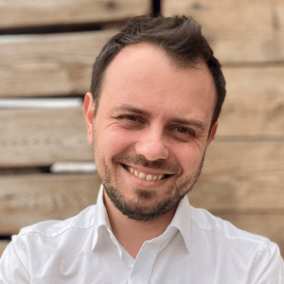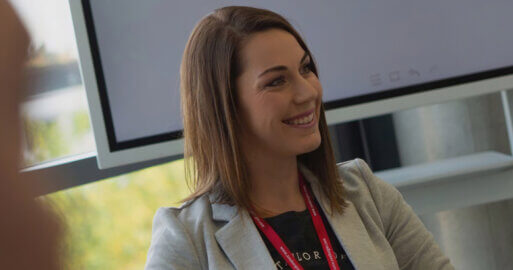Working abroad with SEEBURGER: Michael in Atlanta
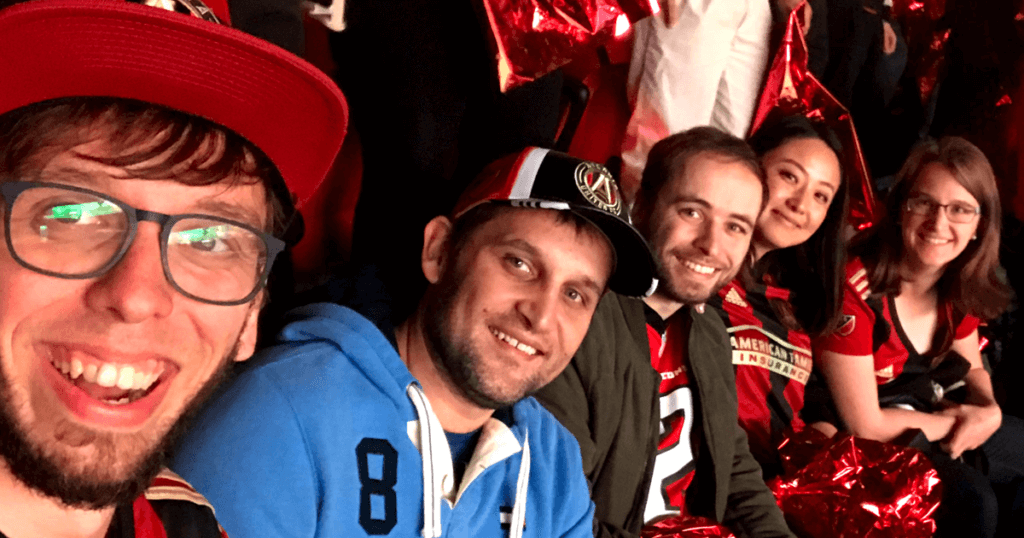
Many employees dream of being able to work abroad for a period of time. SEEBURGER offers this opportunity and Michael, Senior Cloud Presales Engineer at SEEBURGER, took it up. Here, he describes in an interview with Sascha, HR Marketing Specialist at SEEBURGER how it came about and what he experienced working abroad.
What had you already done in your career before deciding to work abroad?
After I graduated from a specialist high school for business studies in 2010, I applied to study a business informatics degree sponsored and supported by SEEBURGER. I was accepted, and while on placement at SEEBURGER during my degree, I gained insights and experience in a variety of areas such as consulting for small and mid-sized firms, consulting for the automotive industry, and in utilities und managed services. After graduating in 2013, I was taken on full-time as a junior consultant in the Consulting Automotive department. From 2013 to 2016, I had a variety of roles including consulting, project management, running training, and working as a solution architect.
Why did you decide to take the adventurous step of working abroad?
Even back at my initial interview in 2009, I was interested in whether SEEBURGER offered the opportunity to work on secondment abroad. During my degree, it was always at the back of my mind. Basically, working abroad was always something I had wanted to try. It was never just from a work or career perspective, rather to experience a different culture and meet people from that culture.
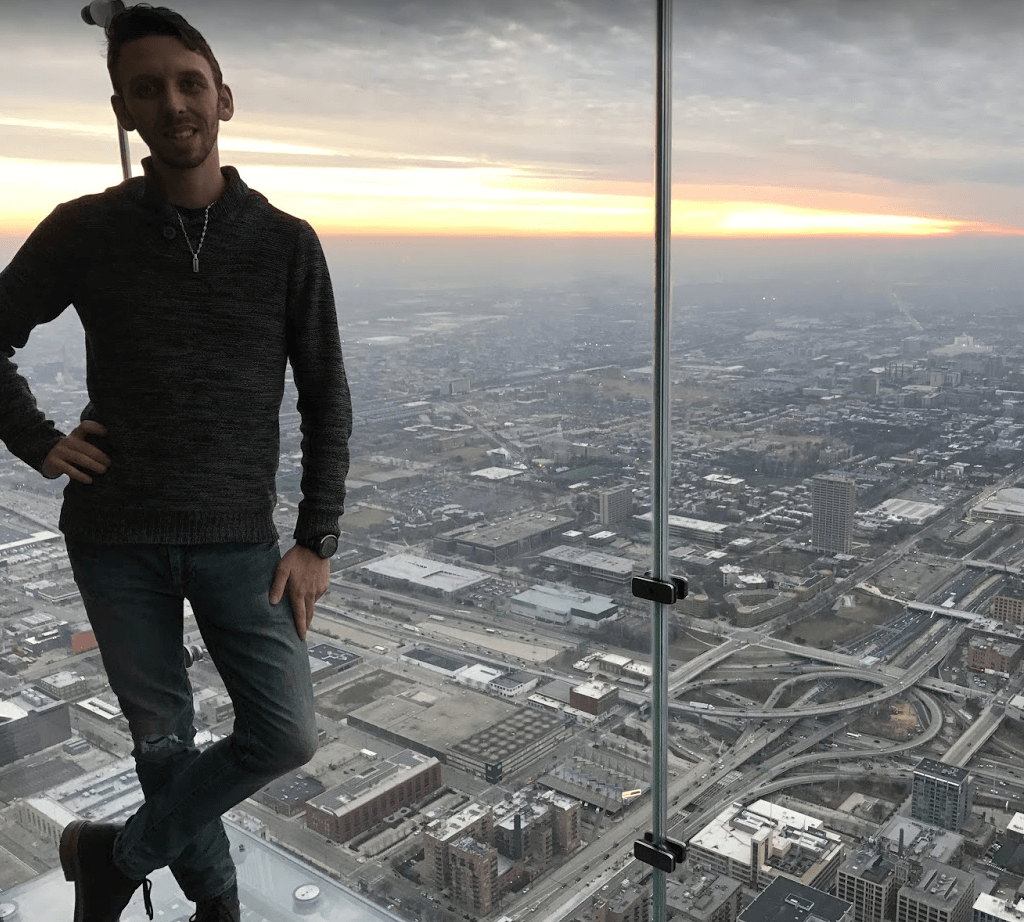
How did you go about making your dream of working abroad a reality?
In January 2016, I officially registered my desire to work abroad. It was suggested that I consider a secondment in our branch office in Atlanta. I started by creating a skill sheet of my skills and experience for the managers there (software skills, project management skills, working in a team etc) as well as a list of projects I had worked on. In February of that year, the Atlanta branch manager was in Germany for business purposes, so we were able to sit down together, get to know each other a bit and to work out whether there was a suitable position for me. I also asked to be able to see where I would be working and to meet some of the team before accepting for definite.
The opportunity to do this came up in April 2016 during a week-long training course in Atlanta, during which I also held a workshop. During this week, the Atlanta branch manager and I talked some more and were both convinced that a secondment would work out and that it was something we wanted to go ahead with. I moved over to the Atlanta office at the beginning of 2017. SEEBURGER itself didn’t set any limit on how long I could work in the US. My own wish was to stay for up to 3 years.
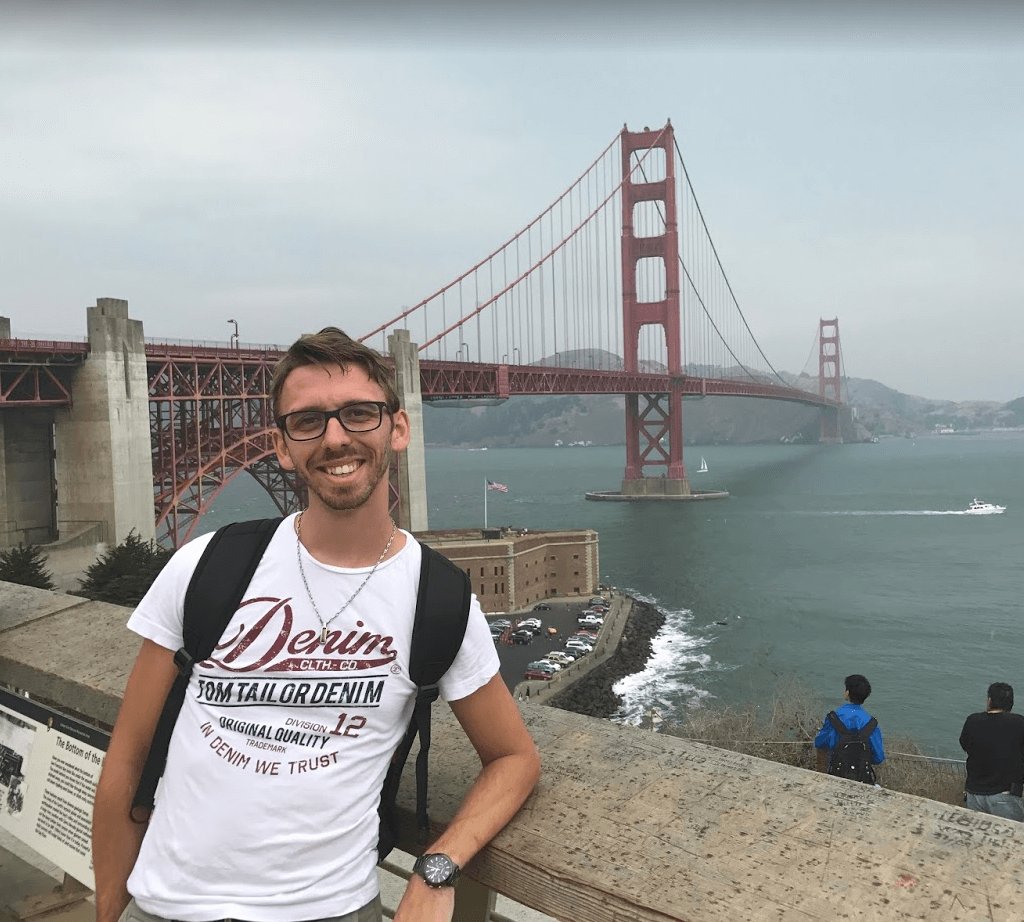
What were the first few weeks like?
The first thing I had to do was to find somewhere to live. SEEBURGER offered me an apartment for the early days, which I could use as a base to find something more permanent. However, I was actually able to take on a colleague’s apartment, meaning that I didn’t need to take advantage of SEEBURGER’s offer.
Right from the start, my new colleagues made me feel very welcome and helped me to fit in. It definitely helped, however, that there were some German-speaking colleages based in Atlanta. There were also a number of things I could do to get to meet people outside of work. In my case, I was able to make friends through sport, as well as in the German community in Atlanta. My experience there was universally positive, and I loved being able to meet people from different cultures.
What were the biggest differences between working in Bretten and working in the US?
In Germany, I work in consulting for the automotive sector, meaning that I mostly work for the car industry. However, the branches in America don’t distinugish between industries in the same way that we do, meaning that I worked on projects for industries and technologies which I didn’t know in such detail.
Another interesting aspect was that business trips in the US are usually done by plane, as everything is so much further apart than in Germany.
One major difference are customer expectations in the US. It felt as if they expected to be able to reach someone 24/7, which feels pretty stressful compared to Germany with its generally clearly defined workday. On the other hand, it’s not unusual to take a break during the working day for a bank appointment or to do grocery shopping, etc. In Germany, we tend to have a concrete block of time for work, with everything else done either beforehand or afterwards.
What were the biggest differences in everyday life?
My experience was that the people I met in the US tended to open up more quickly than I was used to from from Germany. This means that it was easier to strike up a conversation and get to spend time with people. As I come from Bretten, a town of 30,000 inhabitants, it was also quite a leap moving to a metropolis like Atlanta. There was just so much you could do in your free time, from sporting activities (there are a lot of privately organised sports events and competitions which anyone can enter) to cultural events like festivals, music, etc.
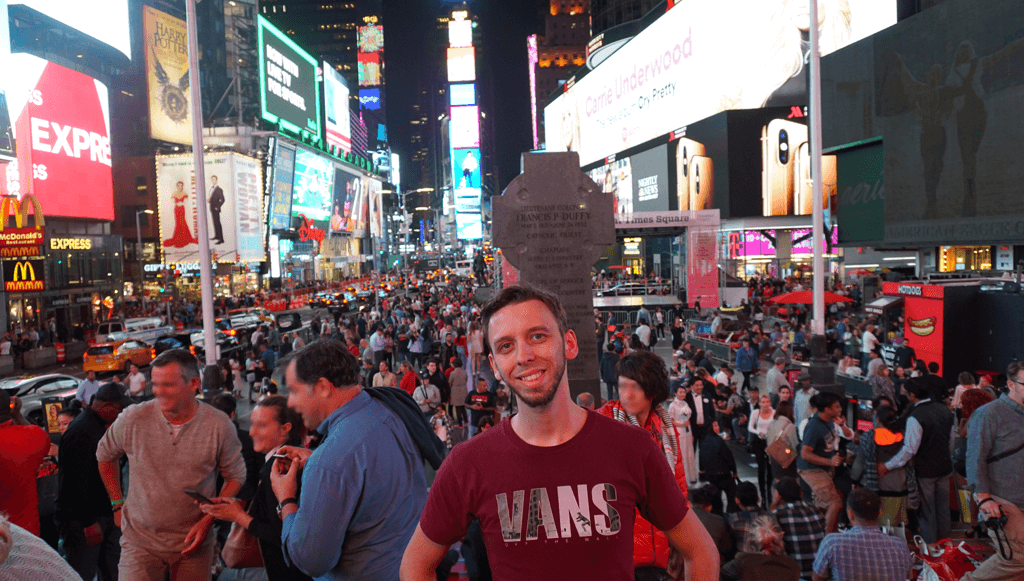
And then you decided to return to Germany. Why? And what happened next?
The main reason for returning to Germany was to be closer to my family. Despite the fact that I was able to visit them twice a year, I still missed them. On the other hand, I naturally made friends and got on well with colleagues in Atlanta, which meant that I left with a slight tear. However, I’m still in touch with a number of people from Atlanta, which is pretty easy with the communication channels available these days. As we had already agreed before I left that I could come back to work in Bretten at any time, I had a safety net for when it was time to return. It took six months between deciding it was time to return and actually returning, which gave me time and space to plan everything and to enjoy the time left in the US.
What was it like being back in Germany?
It took me a while to get used to being back in Germany long-term. The dynamics of everyday life are pretty different in the two countries. The way I used my time had also changed. This didn’t so much affect my work life, rather my leisure time: what is there to do at the moment? What do I want to get involved in? It took a while to feel at home again.
How has your experience working abroad helped you develop in your career – and as an individual?
As far as my career is concerned, I was able to gain new insights into a variety of new areas. I also got to experience how people work in different parts of the world (what expectations there are, and how to deal with people). This was pretty valuable experience which I still draw on as I‘m able to show colleagues other ways of looking at things. I also feel that because I’ve worked abroad, I’m held in higher regard within the company; I’ve been offered exciting opportunities to take on new tasks and exciting new projects to work on.
Aside from the positive effects on my career, I also learnt a lot about interpersonal relationships while in the US, which has had a very positive effect on the way I view cultures foreign to me. I’m also delighted to have had the opportunity to get to know a completely different part of the earth. And last but not least, the fabulous people I got to know made the whole stay a fantastic, unforgettable experience. And if you ask me whether I would make the same decision again, the answer is a resounding ‟YES!”.
Thank you for your message
We appreciate your interest in SEEBURGER
Get in contact with us:
Please enter details about your project in the message section so we can direct your inquiry to the right consultant.
Written by: Sascha Burghardt
Sascha Burghardt started on placement at SEEBURGER in 2013 while studying Business Studies & Services Marketing in cooperation with the company. After graduating, he spent three years working for SEEBURGER in product marketing before moving to the Recruiting & Employer Branding department. In this position he is able to combine his degree major of marketing with courses done in HR. At present, he is working on building awareness of SEEBURGER as an attractive employer, giving potential employees a look behind the scenes of the company. Outside of work he enjoys spending time with his young family, is passionate about football, plays the drums, and collects vinyl.